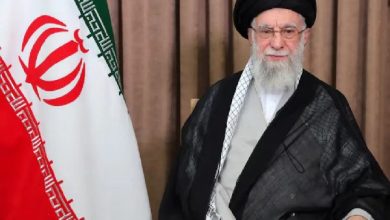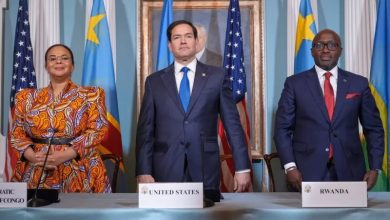Pope Leo XIV Backs Vatican-China Deal with First Chinese Bishop Appointment
Pope Leo XIV has named Joseph Lin Yuntuan as auxiliary bishop of Fuzhou, marking the first Chinese appointment under his reign.
The Vatican praised China’s recognition of the move, calling it a vital step in strengthening Church-state dialogue.
The Vatican has confirmed the appointment of its first Chinese bishop under Pope Leo XIV, signaling the new pontiff’s commitment to maintaining a controversial agreement with Beijing concerning the nomination of bishops.
In a statement released on Wednesday, the Holy See announced that Pope Leo officially named Joseph Lin Yuntuan as the auxiliary bishop of Fuzhou, the capital of Fujian province in southeastern China. The nomination, which took place on June 5, was acknowledged by Chinese authorities a move the Vatican described as a “fruit of dialogue” between both sides and a “significant step” for the local Church community.
Although the Vatican and the Chinese government do not maintain official diplomatic relations largely due to the Holy See’s recognition of Taiwan the two parties reached a landmark agreement in 2018 that permits joint involvement in appointing bishops in China, home to an estimated 12 million Catholics.
The agreement, which remains confidential in its details, has sparked internal criticism within the Catholic Church. Detractors argue that it grants the Chinese Communist Party excessive influence over religious matters and undermines ecclesiastical autonomy.
Despite such concerns, the pact was renewed multiple times during the tenure of Pope Francis, most recently in October 2024 for another four years, as part of broader efforts to improve the Church’s standing in China.
Pope Francis passed away on April 21 after leading the Church for 12 years. Following his death, a conclave of cardinals elected Pope Leo XIV on May 8.
In the interim period between Francis’ death and Leo’s election, the Chinese government appointed bishops in the dioceses of Shanghai and Xinxiang without Vatican consultation. Observers saw these actions as an effort by Beijing to assert its authority during a transitional period in the Vatican.
The latest appointment of Bishop Lin under the new pope is being closely watched, as it may reflect how Pope Leo XIV plans to navigate the sensitive relationship between the Holy See and China going forward.
While the future of the Vatican-China accord remains uncertain, the move reinforces continuity with Pope Francis’ diplomatic approach and underscores the complex balance between religious outreach and political diplomacy.



